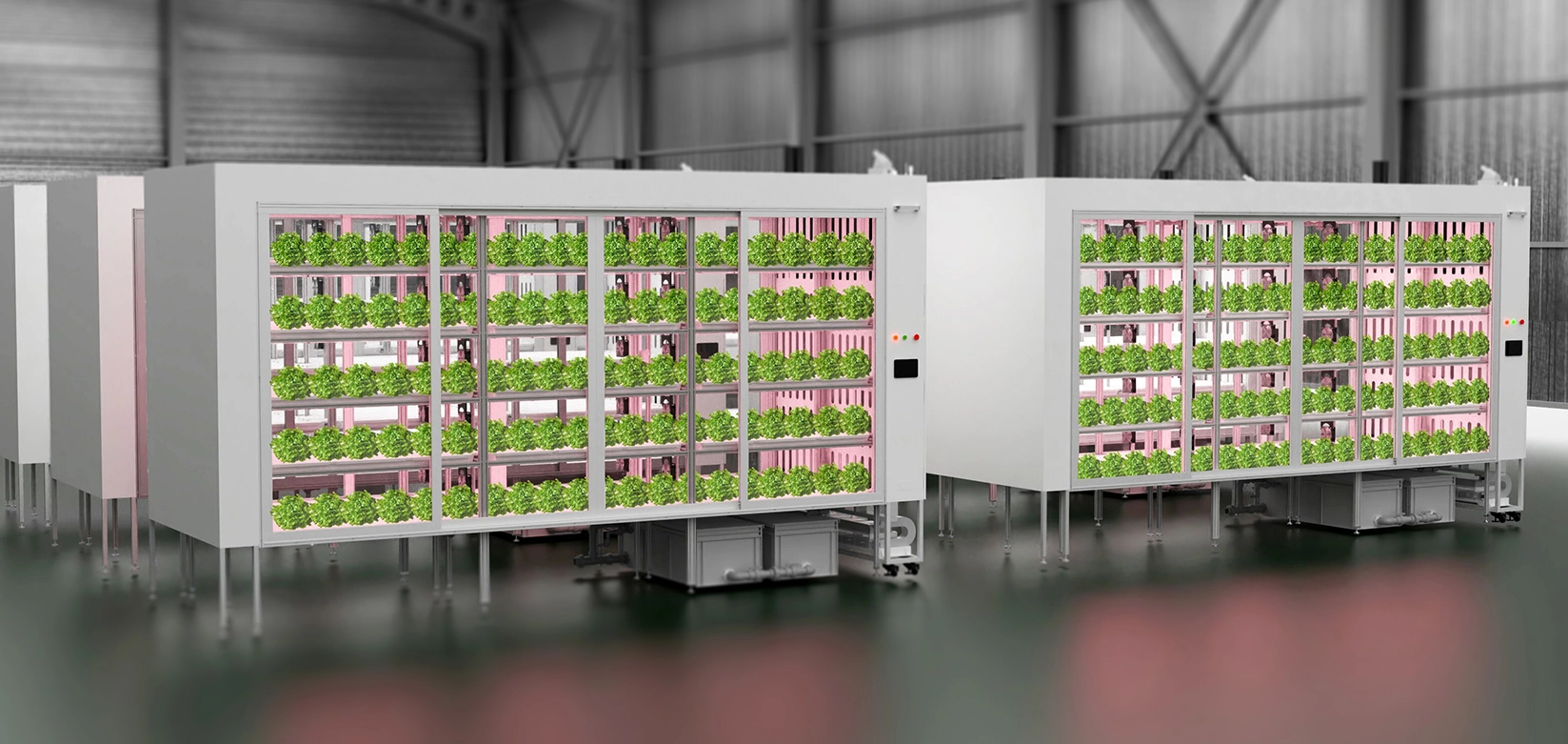In modern cities where land is scarce and demand for fresh produce keeps rising, the vertical farming system has become a groundbreaking solution. This innovative cultivation method allows plants to grow in stacked layers, making efficient use of limited urban space while maintaining consistent productivity. Unlike traditional soil-based farming, vertical hydroponics uses nutrient-rich water and controlled environments to ensure steady growth regardless of external weather conditions. As more developed regions such as Europe, the Middle East, and North America focus on sustainability and food security, this system offers a promising way to meet those goals.
How Vertical Hydroponics Works
A vertical farming system integrates multiple advanced technologies to create a controlled and efficient growth environment. Plants are cultivated in vertical racks using hydroponic methods—meaning their roots are immersed in water containing dissolved nutrients rather than soil. LED lighting plays a crucial role in replacing sunlight, offering specific light spectrums that stimulate photosynthesis and ensure uniform growth. Environmental sensors and AI-based control systems regulate humidity, temperature, and nutrient flow, optimizing every stage of the cultivation process.
This data-driven approach results in higher yields, reduced water consumption, and minimal pesticide use. For countries such as the UAE, Singapore, and Australia, where arable land and water are limited, vertical hydroponics provides a sustainable alternative for producing fresh vegetables and herbs locally.
Smart Planting Solutions from 4D Bios
As an innovative agricultural technology company, 4D Bios is dedicated to advancing digital and intelligent plant factory models. Their comprehensive plant factory solutions combine LED photobiology, vertical planting, AI-based environmental control, and automation to support professional growers worldwide.
The Mini Grower features an integrated LED lighting system and specially designed plant pots that deliver precise light and nutrients for optimal plant development. With a stylish and compact design (Model: SPS-012ABxAy, 146 mm × 178 mm × 345 mm, 5V/5W), it fits perfectly in homes or offices. Monthly power consumption remains low at just 1.9–2.1 kW·h, making it both energy-efficient and eco-friendly. This palm-sized device transforms everyday environments into lush green spaces while simplifying indoor cultivation for experienced users who value both design and performance.
Conclusion
As digital agriculture continues to evolve, 4D Bios is enhancing how food is produced through intelligent and sustainable systems. Their expertise in smart cultivation and automated plant factories reflects a commitment to efficiency and innovation. By promoting advanced solutions like the Mini Grower and complete vertical farming system designs, they are helping shape the future of sustainable food production in global markets—from Europe to the Middle East and beyond.
